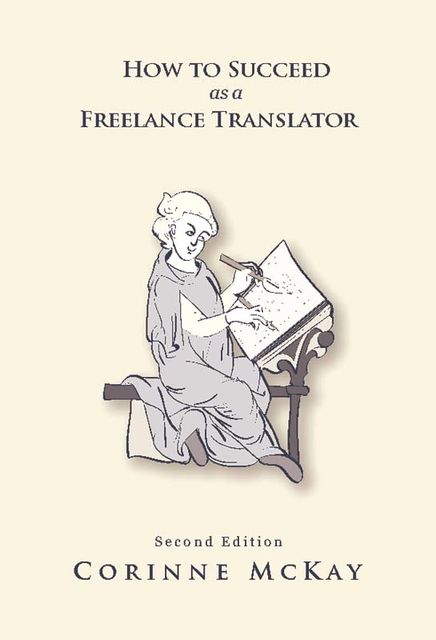
Read in our apps:
iOS
·Android
How to Succeed as a Freelance Translator, Second Edition
- Cory Sosahas quoted7 years agoOn the pro side, charging by the word, especially by the source word, means that everyone knows in advance how much the translation will cost. A 10,000 word translation at 20 cents per word will cost exactly $2,000, no matter how long it takes the translator to complete it. Charging by the word is also an advantage for experienced translators and those who keep up with advances in translation productivity software, since translators who work faster make more money. Finally, charging by the word leaves very little room for debate or interpretation about what work is billable and what work is not; the translator simply issues an invoice for the number of words translated (just make sure to always agree in advance on whether you will bill for the source or target word count).
- Cory Sosahas quoted7 years agoThis way of billing has various advantages and disadvantages for both translators/editors and their clients
- Cory Sosahas quoted7 years agoTranslators have traditionally charged by the word, with editors charging either by the word or by the hour.
- Cory Sosahas quoted7 years agoAsking “How much do translators charge?” is like asking, “How big is a ball of yarn?” The variation in translation rates is enormous; the low end of the market is translators who work for free or for just a few cents a word, and the very high end is in the range of 40-50 cents a word.
- Cory Sosahas quoted7 years agoThe actual per-word rate depends on your language combination(s) and specialization(s), and also on what your clients are willing to pay.
- Cory Sosahas quoted7 years agoTranslations of official documents such as birth certificates may be billed by the page
- Cory Sosahas quoted7 years agoThe major employers of full-time interpreters in the U.S. are courts, the health care industry and schools, so these are all good places to focus on if you would like to explore interpreting work
- Cory Sosahas quoted7 years agoyou are interested in interpreting, one excellent way to assess your skills is to go spend a day as an observer in court. Most courts in the U.S. are open to the public, and you can sit in the viewing area and try to interpret as the proceedings go along; better yet take a notebook and make a list of words and expressions that you need to research.
- Cory Sosahas quoted7 years agoOne major difference between interpreting and translation is that interpreters often work in both “directions” of their language pair, so must be highly proficient in speaking their non-native language; many high-level conference interpreters consider themselves to have two native languages, rather than one native language and one or more second languages. Interpreters are paid by the hour or by the day, and pay varies widely.
- Cory Sosahas quoted7 years agoOne major difference between interpreting and translation is that interpreters often work in both “directions” of their language pair, so must be highly proficient in speaking their non-native language; many high-level conference interpreters consider themselves to have two native languages, rather than one native language and one or more second languages. Interpreters are paid by the hour or
fb2epub
Drag & drop your files
(not more than 5 at once)

